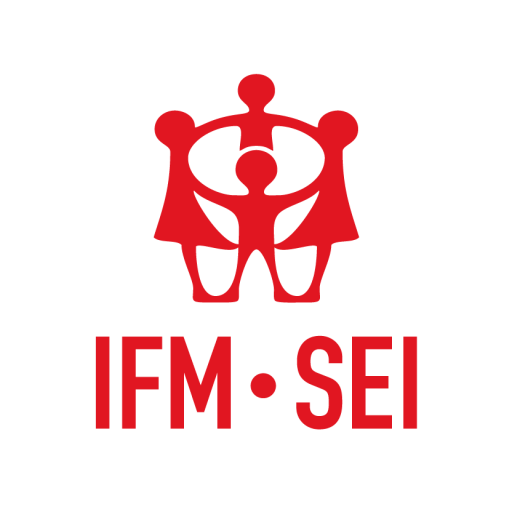Resist! What and why?
The ongoing climate crisis is a huge threat today. Increasingly minorities, including young people, people of colour, womxn and people from the so-called Global South are criticising scientists, journalists, government actors and activists for being very euro-centric, and not making their approach inclusive and critical.
With Resist!, we want to mobilise a young generation of climate change activists to be ambassadors and multipliers for a systemic and intersectional approach to the global climate change emergency. We want to encourage young people to politicise climate change, and to challenge the individual-focused approach that we see in popular culture and the media.
This project will focus on some parts of IFM-SEI’s Strategy and Work Plan (2019-2022), such as Climate Change and Environment, Socialist Education, Child and Youth Participation, and Inclusion and Diversity.
Resist! is an annual work plan generously funded by the European Youth Foundation of the Council of Europe.
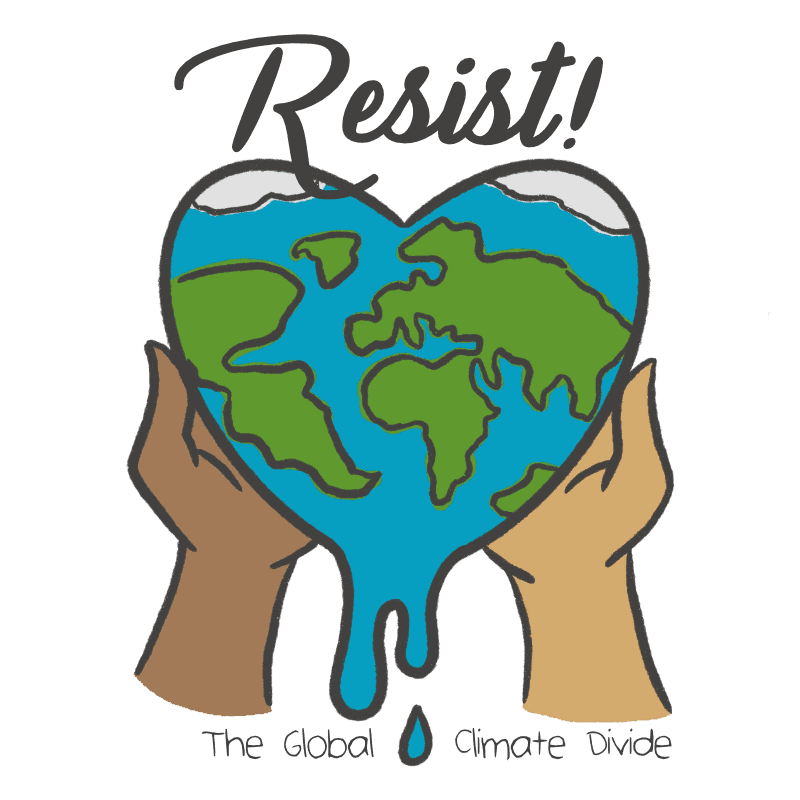
This project aims to mobilise a young generation of climate change activists to be ambassadors and multipliers for a systemic and intersectional approach to the global climate emergency.
The specific objectives are the following:
- Raise awareness and politicise the topic of climate change as a systemic and intersectional topic and challenge the individual-focused approach towards climate change
- Facilitate a political and historical analysis of climate change, the root causes of climate change, and the changing nature of climate change
- Deliver training on climate change using the human rights approach and highlighting the transversal nature of climate change in accessing human rights
- Create tools for climate change education and activism in digital and hard form
- Provide support, mentoring and motivation to young climate change activists in their struggle
What are the phases of the project?
Focus Group
The project steering group met in February 2020 to lead a focus group consisting of climate and sustainability activists, experts and decision-makers. This focus group provided a situation analysis around the topic and will bring together a diverse range of expertise and perspectives to the project.
Training
As we all know, 2020 was not what we thought it would be, so Resist! had to happen online! We have designed a training of 4 online courses, each packed with exciting and dynamic methods for you to engage with other climate change activists. Each course will consist of: learning about climate change and an intersecting issue, designing and running sessions on this in your local groups. In the training, we will explore different methods of creative activism, such as non-formal education, performance art and campaigning.
In these links, you will see some of the activities that took place thanks to this project:
- Climate Change and Anticapitalism
- Climate Change and Racial Justice
- Climate Change and Gender (In)equality
- Climate Change and Children’s Rights
Toolkit development
Together with our member organizations, we have organized a series of local actions to make World Environment Day more visible. People from all over Europe and beyond will implement a series of workshops that will be part of the final toolkit of Resist!— all of them with an intersectional and non-formal perspective. Read more on this link, and register here before the 23 of May 2021! This toolkit will be an updated edition of the All Together Against Climate Change (ATACC) handbook that was published in 2012. This will include Human Rights Education tools and activities, campaign tools, and support/mentoring information for activists, as well as a theoretical background to the topic and support for educators.
Toolkit production
Following this activity, the toolkit will be edited, translated and printed. We will distribute the toolkit to all participating organisations, activist ambassadors, European Youth Foundation, the organisations that contributed to the focus group, and organisations that participated in the local activities.
What kind of outputs will we have in the end?
During the project, interviews were conducted by the team with young people and experts on climate change from an intersectional perspective. We currently have podcasts in English and Spanish. Check it out!
Toolkit
With the suppoprt of the European Youth Foundation of the Council of Europe.

